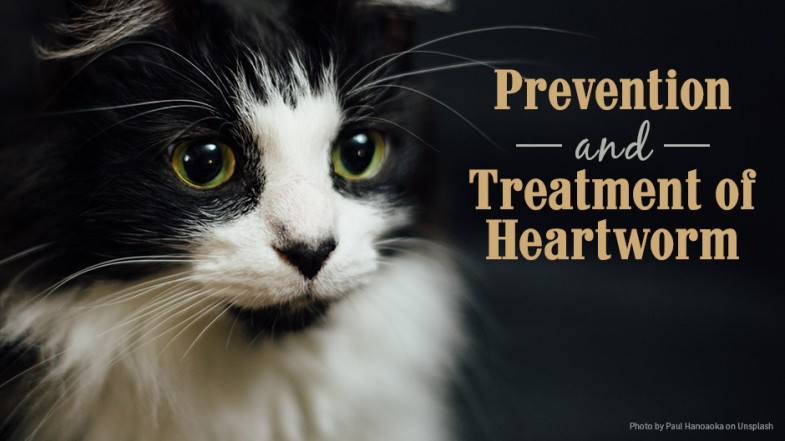The Neighborhood Veterinarian animal hospital is the heart and soul of the solo practitioner, Dr. Sue Bartz.
After feeling much disappointment while working in the corporate world, Dr. Sue began making plans to build a hospital based on professional service and personal care. It took well over a year of hard work and dedication to build an animal hospital worthy of such merit.
The Neighborhood Veterinarian opened its doors on October 1st of 2001. Though the clientele was small, Dr. Sue and staff made sure each and every client felt secure with their services. Over the years this philosophy has not changed. The clientele continues to grow but personal and professional care remains the same.
Mon, Tue, Thu: 7:30am - 6:00pm
Wed, Sat: 8:00am - Noon (Closed the first Saturday of the month)
Friday: 7:30am-5pm
Sunday: Closed
What You Need to Know About Ticks
The organization Pets and Parasites states that cases of Lyme disease and heartworm is higher this year because of more ticks. The increase is attributed to the dry and hot weather conditions of the last several summers. Fever, fatigue, arthritis, and infections of the skin are the most obvious indications of a tick. This parasite cannot survive without the blood of its host.
You can help reduce the likelihood of Lyme disease or by checking your pet for ticks daily. The best way to do this is to feel with your hand from head to tail as well as your pet’s underbelly, between toes, underneath the ears and armpits, and under the face and chin. Be sure to pull the tick out in a straight motion with a pair of tweezers so you don’t leave any of the body behind.
It’s also highly important to utilize a flea and tick prevention program. We can help!

Heartworm can have devastating consequences for your pet, including death. It is especially tragic when dogs and cats succumb to heartworm disease when it’s entirely preventable. Now that warm weather is finally here, your dog or cat has a much greater likelihood of acquiring heartworm just by being outside since the most common route of transmission is a bite from an infected mosquito.

It can be scary when your pet has ingested a potentially toxic substance, especially when you didn’t see what he licked or swallowed. To help raise awareness of the issue and prevent illness or fatality in pets, the American Veterinary Medical Association named the third week in March Pet Poison Prevention Week. Below are some hazards you should be especially aware of this time of year.

Consider all the joy and love your dog brings into your life. Now, imagine if you could take measures to help your dog live longer with a better quality of life. Wouldn’t you want to return the happiness your dog provides you for years to come?
Fortunately, with proper care over your dog’s lifetime, she can live happier, healthier, and statistically longer.